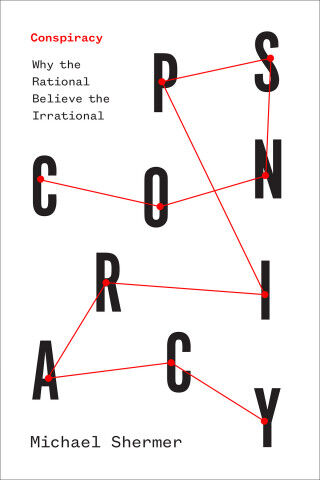How Doug Ford changed our politics | TheSpec.com
How Doug Ford changed our politics | TheSpec.com Hamilton Spectator
:format(webp)/https://www.thespec.com/content/dam/thespec/opinion/contributors/2022/05/27/how-doug-ford-changed-our-politics/edt_mb_fordvisitsgraydon4_22may22_mbh.jpg)
:format(webp)/https://www.thespec.com/content/dam/thespec/opinion/contributors/2022/05/27/how-doug-ford-changed-our-politics/edt_mb_fordvisitsgraydon4_22may22_mbh.jpg)
The dismal environmental record of the Doug Ford government in Ontario is well documented. Despite some recent moves on “greening” the steel sector and electric vehicle manufacturing initiatives, the province is on track to see major increases in greenhouse gas emissions, particularly from the electricity sector.
The Ford government’s record on environmental issues is best understood as an extension of its wider approach to governance. This can be understood as being organized around four themes.
1. Reactive governance
The Ford government came to power with scant vision for what a provincial government should do other than cut taxes, red tape and hydro rates. It’s struggled when confronted with more complex problems that required the province to play a much more active role.
The resulting governance model has been fundamentally reactive and grounded in relatively short-term perspectives. The government has tended to act once a situation reaches the crisis stage, rather than identifying potential problems and taking action to prevent them.
This pattern has been most evident in the government’s hesitant responses to the COVID-19 pandemic.
Issues like the environment and climate change are destined to do poorly under such a reactive governance model. They require taking action now to avoid problems in the future.
2. Creeping authoritarianism
The government’s run-up to the election has placed a strong emphasis on “getting it done” — it’s the Progressive Conservative party’s campaign slogan — in areas like housing and highway and transit construction.
The flip side of this emphasis has been increasingly aggressive exercises of provincial authority, particularly over local governments. One of the government’s first moves was to arbitrarily cut Toronto City Council in half.
Ontario’s planning rules have also been rewritten, not only at the provincial level, but down to the level of site-specific development plans within individual municipalities, almost universally in favour of developers’ interests. Ministerial zoning orders — which circumvent local planning processes and public consultations, designating land use without the possibility of appeals — are no longer the exceptions they once were.
Broad powers have been given to provincial agencies, most notably the provincial transit agency Metrolinx, to build what are often poorly conceived and politically motivated transit projects.
3. Friends with benefits
While the Ford government has gone to great lengths to silence voices of critical constituencies, it’s been extraordinarily open to the voices that support it.
The government has demonstrated a distinct tendency to uncritically accept whatever its favoured industry lobbyists tell it to do. This has been evident in its approaches to COVID-19, housing and infrastructure, mining, aggregate extraction sites like gravel pits and quarries, energy and long-term care.
The overall decision-making model that has emerged is based on access, connections and political whim.
4. Spend but don’t increase taxes
A final defining feature of the Ford government has been a tendency to disregard the fiscal consequences of its decisions. The focus instead has been on short-term savings for consumers.
The cancellation of the previous Liberal government’s cap-and-trade system immediately following the 2018 election cost the provincial treasury billions in foregone revenues. Hundreds of millions more were spent cancelling renewable energy projects.
Hydro rates are being artificially lowered through an annual $7 billion in subsidies from the provincial treasury, money that could otherwise be spent on schools and hospitals. The cancellation of vehicle licensing fees will cost the province an estimated $1 billion each year.
A proposed cut to provincial gasoline taxes would cost nearly $650 million in annual revenues. The projected deficit on the government’s pre-election budget was almost $20 billion.
It isn’t clear yet to what extent the potential political success of a governance model organized around these four themes represents a fundamental break from the traditional norms of Ontario politics. If Ford wins again, will it be due to the weaknesses of the alternatives being offered to Ontario voters, or does it signal a permanent realignment in the province’s politics?
Either way, June 2 could be a watershed moment in the province’s history, defining a “new normal” for politics in Ontario.



